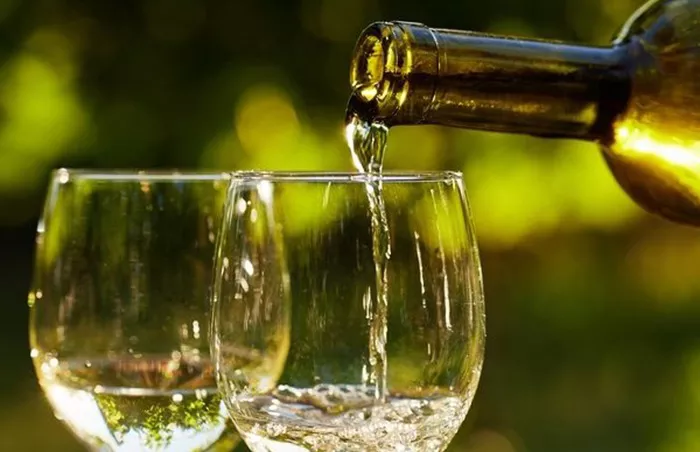The Tenute Capaldo Group has announced a collaboration with the management of the Pompeii Archaeological Park to establish a six-hectare vineyard focused on 100% organic production. This ambitious partnership will also see the development of winemaking and ageing facilities, allowing for a complete production cycle within the park’s historical grounds.
Feudi di San Gregorio, a winery under the Tenute Capaldo Group, has spent the last 40 years researching and cultivating indigenous grape varieties from Campania, such as the renowned Taurasi. Pierpaolo Sirch, production manager at Feudi di San Gregorio, is working alongside Professor Attilio Scienza from the University of Milan and the archaeological team at Pompeii to bring the project to life.
The primary aim of the venture is to produce high-quality, authentic wines while transforming the winery into a significant feature of the park’s visitor experience. Antonio Capaldo, president of Feudi di San Gregorio, expressed his enthusiasm for the initiative, emphasizing the importance of Pompeii as a global cultural landmark. He said, “We are excited to contribute our expertise to the park and develop an innovative agricultural project that revives Pompeii’s historical roots.”
Capaldo acknowledged that the project would require substantial time and investment but stressed the long-term vision for sustainable growth. “This initiative is not just about short-term economic returns; it’s about preserving the future of this extraordinary site for generations to come,” he added.
The park’s research laboratory has been studying the botanical history of Pompeii since the 1990s, with a focus on the ancient vineyards that once flourished in the region. These studies have aimed to understand the viticultural practices of the time and to showcase the history of the city through its agricultural heritage.
Gabriel Zuchtriegel, director of the Pompeii Archaeological Park, noted that the winery is part of a broader effort to integrate agricultural practices into the park. This includes projects to optimize olive cultivation and develop social farming initiatives, enhancing the cultural and social aspects of the site. “The winery helps to tell the story of ancient Pompeii from a new perspective, highlighting both its historical significance and its agricultural legacy,” Zuchtriegel said.
You Might Be Interested In:


